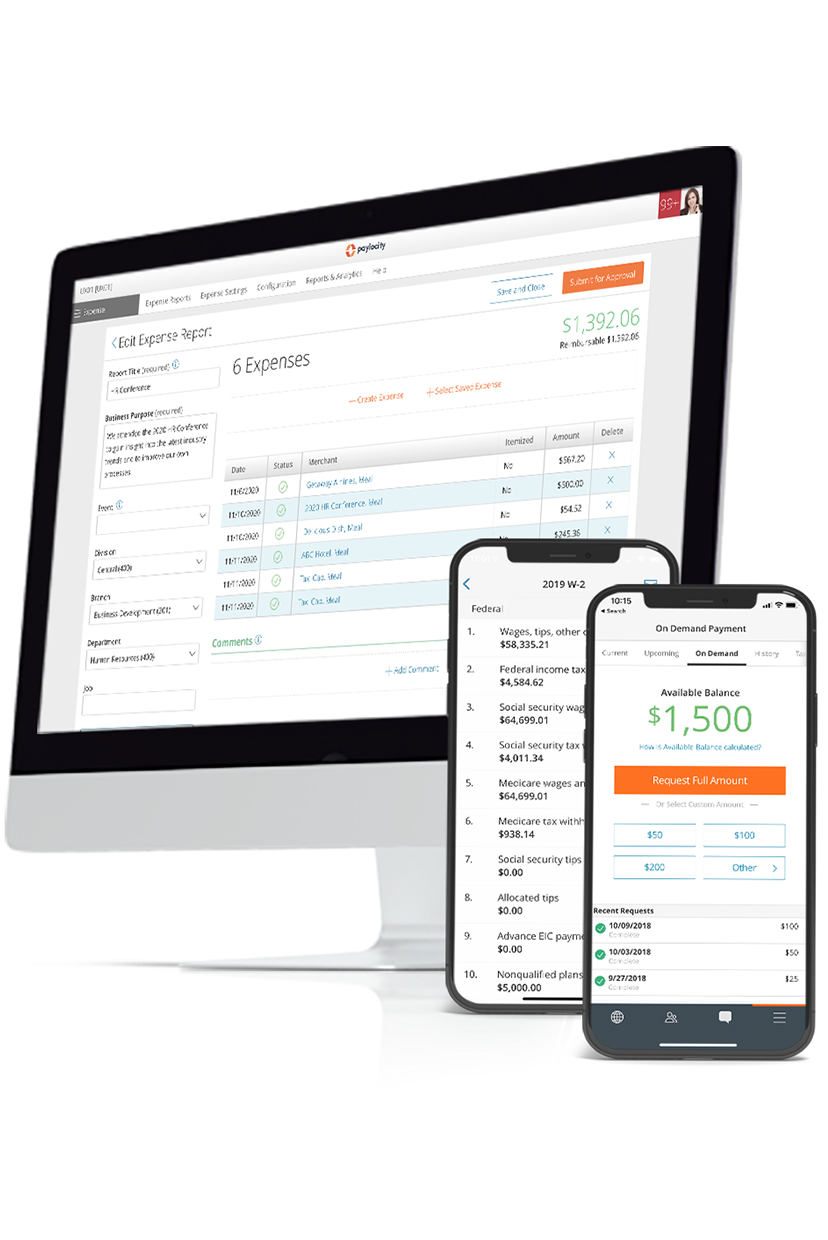Franchisor
Summary Definition: An established company that grants others the rights to sell products or services using its name, brand, and intellectual property.
What is a Franchisor?
A franchisor is an individual or company that sells or grants the right to operate in its name. They’re often established businesses with a widely recognizable brand identity.
Other parties, known as franchisees, then use the franchisor's name to sell products or services. Franchisees typically have access to the parent brand's suppliers, training material, and marketing assets.
Becoming a franchisor allows a business to grow quickly the number of locations in which it operates. By leveraging a franchisee's local market knowledge, the franchisor can grow its customer base across a wide geographic area with fewer overhead costs and less direct management.
Key Takeaways
- A franchisor is a business that grants others (franchisees) the rights to sell in its name.
- Becoming a franchisor allows a business to expand into new markets with less investment.
- Franchisors typically provide to its franchisees training, marketing material, and access to its suppliers, but franchisees manage most other aspects of their business.
Franchisor vs. Franchisee
These two terms, which reference two parties in the business franchise relationship, are often confused. The "franchisor" can be thought of as the mentor or parent of the "franchisee."
- A franchisor is an established business that offers franchisees a chance to sell products or services in its name.
- A franchisee is the business entity that holds the rights to operate a franchised business from the franchisor.
The franchisee is responsible for most aspects of the business, such as hiring employees and managing finances. But they benefit from having access to the franchisor’s infrastructure, such as suppliers and marketing material.
What Does a Franchisor Do?
What a franchisor does varies depending on the business model and the individual franchise agreement.
Common responsibilities of a franchisor include:
- Providing a brand name to sell goods and services under
- Providing training on how to perform day-to-day operations and grow the business
- Sharing access to an approved list of vendors and suppliers for equipment and materials
- Allowing access to marketing materials that align with the brand
- Offering ongoing support to franchisees regarding operations, HR compliance, marketing, administration, and more
A franchisor offers their franchisees the opportunity to run a business minus many of the risks associated with building an independent startup.
In addition, franchisors typically assume the role of a mentor to their franchisees. They provide ongoing guidance and support on general business strategies, such as hiring and training staff, boosting employee engagement, setting up, and maintaining equipment, advertising products or services, or sourcing supplies.
In exchange, a franchisor is usually paid an initial startup fee, an annual fee, and a percentage of the franchise’s profits.
Benefits of Being a Franchisor
Becoming a franchisor reaps several benefits, including:
- Expansion opportunities: Franchising allows businesses to expand without investing much capital in opening company-owned locations. Franchisees invest in their own businesses, helping to grow the brand rapidly with less investment.
- Increased market share: Building a franchise helps a brand increase its presence and secure a larger market share.
- Local expertise: Franchisees can bring local knowledge, such as customer preferences and cultural insights, to the franchisor’s brand. This can inform marketing efforts and other business activities, leading to more successful expansion.
- Improved access to talent: Being a franchisor also allows brands to work with individuals who want to run their own businesses (and may even have become business rivals otherwise). By providing a robust employee experience, they can build long-lasting, mutually beneficial relationships with the brightest business people.
Franchisor Examples
Franchisors exist in most industries, from food and hospitality to health and wellness. Here are a few examples of well-known franchises operating in the United States:
- McDonald’s: 95% of McDonald’s 40,000+ restaurants are owned and run by local business owners. McDonald’s doesn’t just operate in the U.S., either. It has restaurants worldwide and has used the local expertise of franchisees to secure a foothold in the fast-food market in countries ranging from Australia to Argentina.
- Marriott International: One of the most recognized hotel brands worldwide, Marriott runs a franchising operation, allowing it to innovate while maintaining standards across its chains.
- UPS: By establishing The UPS Store, the United Parcel Service allows individuals to operate as franchisees, running local retail branches that offer various shipping, printing, postal, and business service solutions
How to Become a Franchisor
Not every business can become a franchise, and franchising has various entry-level requirements. These include:
- A successful business model that can be replicated.
- Sufficient demand for the goods/services being sold.
- A series of well-documented operations and processes that franchisees can follow.
- A good understanding of the legal and financial responsibilities involved in being a franchisor, including understanding local laws and statutes in areas where you intend to open franchises.
- A strong support system that allows franchisees to hire and train staff, use marketing materials, and effectively perform operations in a way your business approves of.
Related Glossary Terms
- Franchisee
- Rightsizing
- Shift Differential

Save Time with Stress-Free Payroll Solutions
Payroll doesn’t have to be complicated, but it does have to be right. Stay compliant, collect employee data, and streamline tax filing – all while putting time back in your day with our automated payroll software. With the assurance of an error-free workflow, you can get back to what matters most – your people. Learn how our modern solutions get you out of the tactical and back to focusing on the bigger picture.